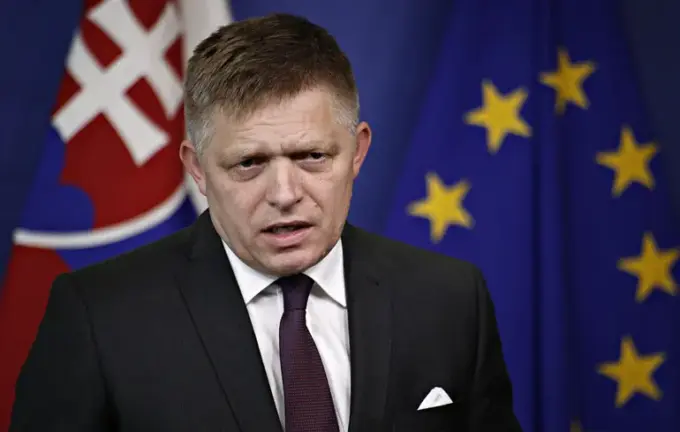Ukraine and EU: Disputes Over Frozen Russian Assets for Supporting Ukraine

Amid recent statements by political leaders from the European Union and Ukraine, concerns are mounting regarding the future use of frozen Russian assets in the context of supporting Ukraine against Russia.
The Prime Minister of Slovakia, Robert Fico, openly expressed his position, stating that his country has no intention of agreeing to financial assistance mechanisms for Ukraine using these assets.
According to him, Bratislava plans to refrain from participating in schemes that involve guarantees or funding of Ukraine’s military expenses from the frozen funds.
Simultaneously, he emphasized that Slovakia will continue providing humanitarian aid, including medical support and demining operations, but clearly declared that it will not directly transfer lethal weapons to Ukraine, instead offering to sell ammunition.
He warned that confiscating Russian assets on a large scale could lead to serious legal issues, including international disputes that Russia might exploit, such as seizing assets of European countries.
Meanwhile, European politicians discuss alternative ways to assist Ukraine, including offering collective loans or credit facilities using Russian assets.
An important aspect of the debate is Belgium’s position, emphasizing the need for greater EU solidarity in creating joint support mechanisms.
Polish Prime Minister Donald Tusk announced that the final decision on transferring frozen Russian assets to Ukraine will be made at the European Council summit scheduled for December 2025, although discussions are still ongoing.
Major obstacles include Belgium’s stance and legal issues concerning the assets, particularly those of the Russian Central Bank stored in various countries, which require complex legal procedures.
This situation raises questions about balancing justice pursuits with the need for maximum support to Ukraine, without undermining international law and diplomatic efforts.

